As discussed before, underlying illnesses such as high blood pressure, diabetes and heart disease put you at a higher risk of kidney disease. If you have any of these illnesses, it is a good idea to tell your doctor your complete medical history and go in for regular checkups.
Similarly, if you have a family history of kidney disease, it is a good idea to go for check-ups and let your doctor know the medical history.
Often, patients don't see symptoms until kidney disease has progressed to an advanced stage. Getting checked by your doctor and specifically asking for a kidney function test or urine test can help you identify markers earlier to be able to prevent the onset of kidney diseases. Also, if you notice symptoms of UTIs, you must visit the doctor as these can lead to kidney disease if not treated in time.
The nature of kidney diseases also warrants a drastic change in lifestyle, including modifications in your diet as well as regular exercise, as both can go a long way in keeping the symptoms in check. A healthy, balanced diet in this case includes reducing the consumption of salt and added sugars, and low quantities of sodium, along with avoiding trans fats, saturated fats and processed foods.
Foods with whole grains and complex carbohydrates, along with a healthy dose of fruits and vegetables can help in maintaining the vital body balance needed to let the kidneys function smoothly.
In the case of diabetes, monitoring your blood glucose levels regularly and maintaining your blood sugars within healthy limits is important. Similarly, for high blood pressure, a reading of less than 140/90 is considered normal, but the doctor can determine a healthy, sustainable level for you.
Remember to take the medicines prescribed by your doctors to keep your blood pressure or indeed other conditions in check. Certain over-the-counter drugs like NSAIDs (non-steroidal anti-inflammatory drugs) can be harmful to the kidneys, and it is always wise to check with the doctor before taking them.
As far as exercise is concerned, a minimum of 30 minutes of daily moderate exercise is recommended by health experts, which can include a combination of strength training, flexibility as well as aerobic or cardio exercises.
Smoking greatly increases the odds of heart disease, and even though it is a habit difficult to get out of, there are several resources available that can help you give up smoking.
Read more: The disadvantages of smoking and benefits of quitting smoking
Limiting the intake of alcohol or consuming it in moderation is also a necessary practise, as excessive alcohol consumption puts a strain on the body and weakens it over time. Your doctor is best placed to advise you on what a healthy amount per day or week is. As a rule of thumb, though, for healthy men, two drinks is the limit and for healthy women, one drink is the daily limit—this limit may be drastically reduced for people with any kind of illness.

 Doctors for Kidney Diseases
Doctors for Kidney Diseases  OTC Medicines for Kidney Diseases
OTC Medicines for Kidney Diseases
 Kidney Diseases articles
Kidney Diseases articles
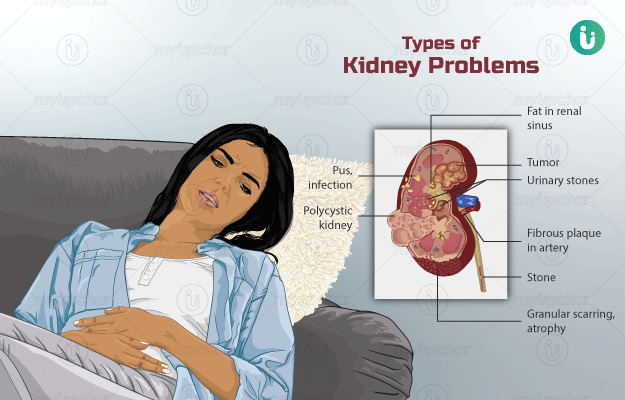
 Diet for Kidney Diseases
Diet for Kidney Diseases
 Home Remedies for Kidney Diseases
Home Remedies for Kidney Diseases

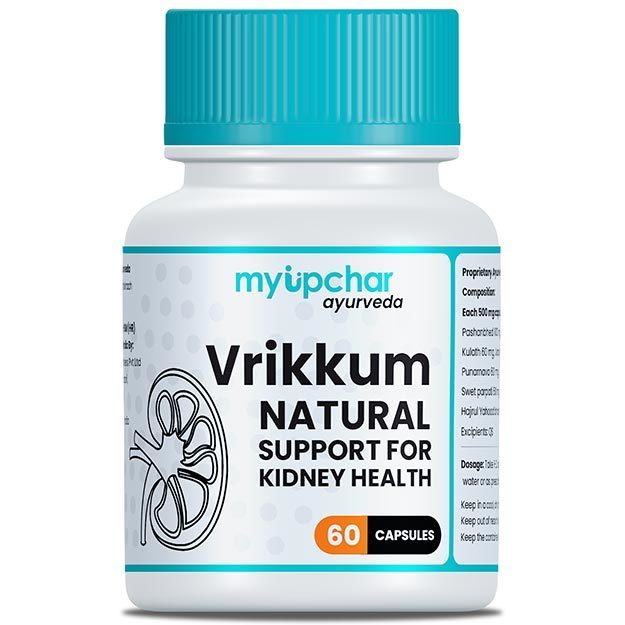

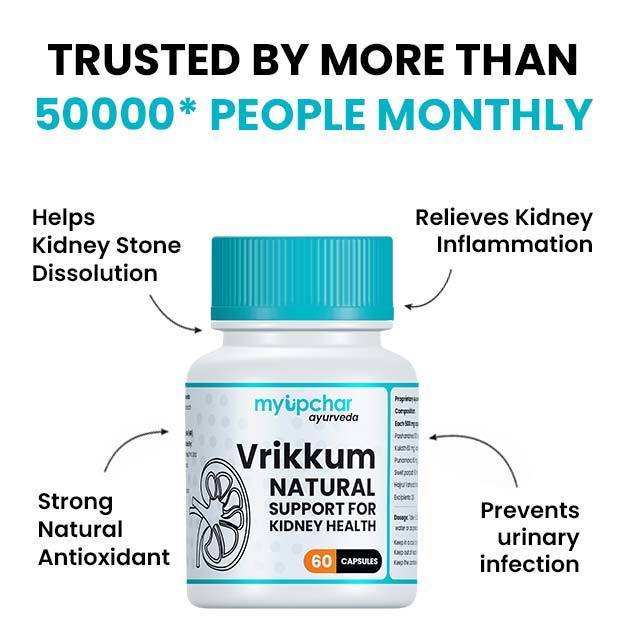
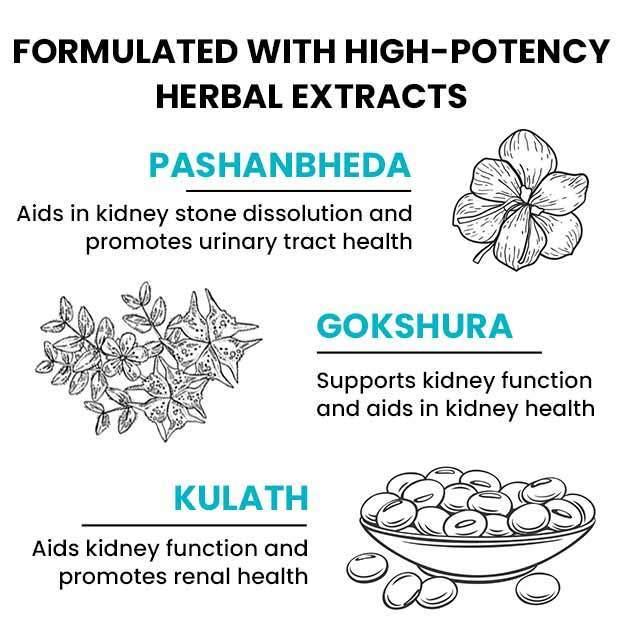
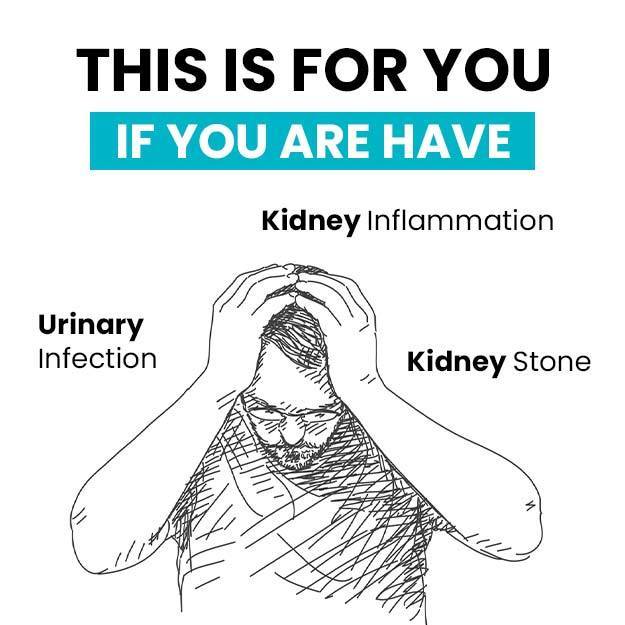
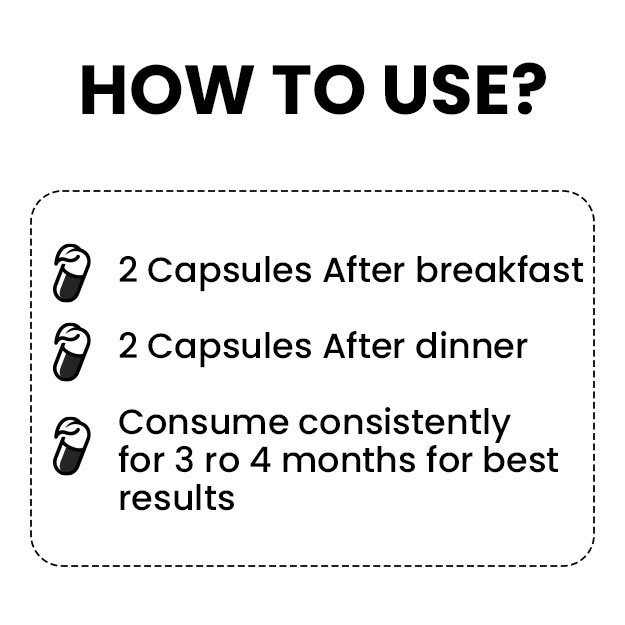







 Editorial Team
Editorial Team















